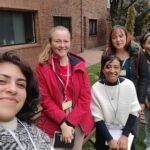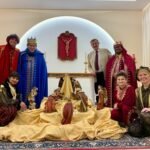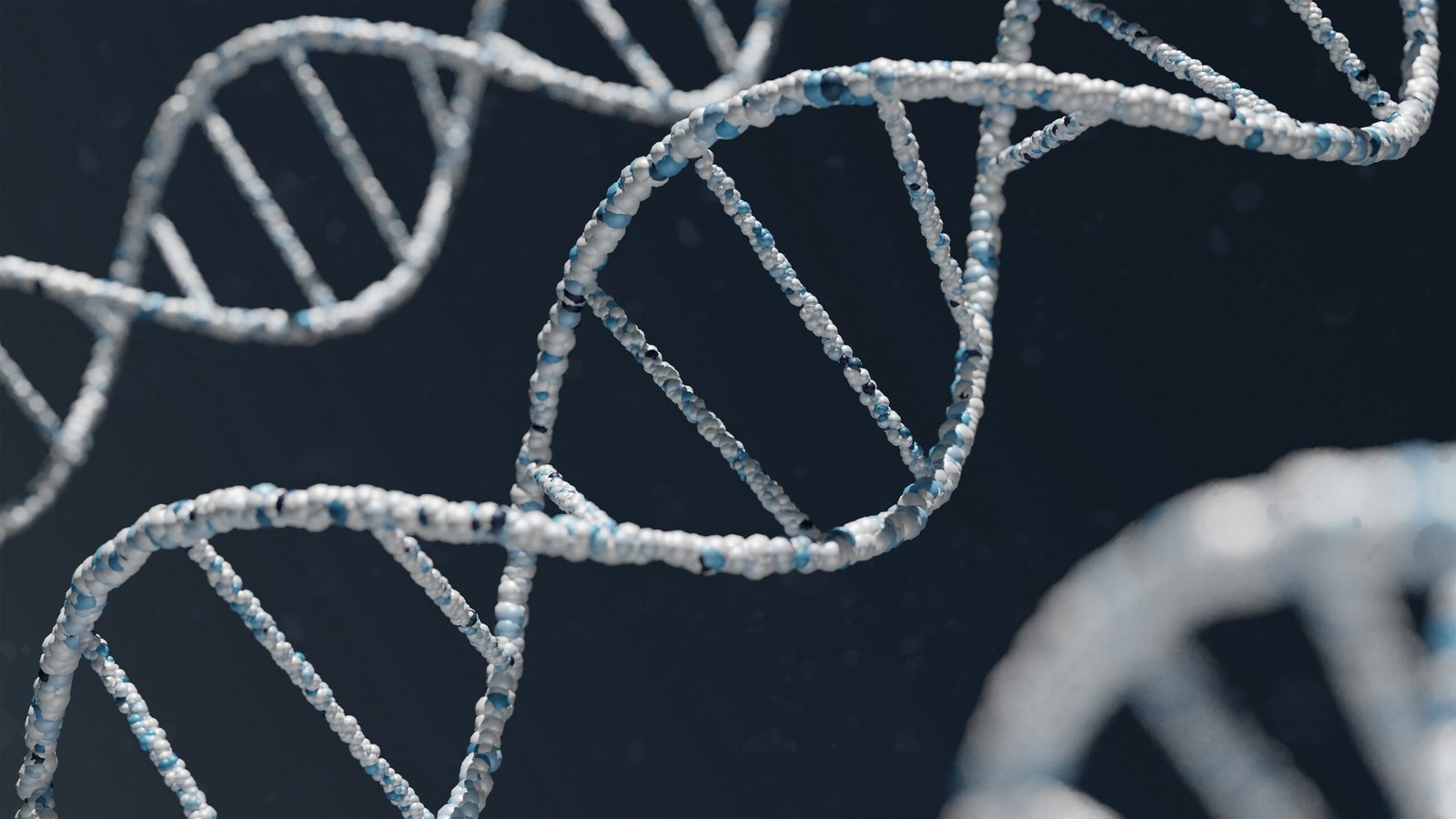
Holy Gospel of Jesus Christ according to Saint Luke 3,1-6
In the fifteenth year of the reign of Tiberius Caesar, when Pontius Pilate was governor of Judea, and Herod was tetrarch of Galilee, and his brother Philip tetrarch of the region of Ituraea and Trachonitis, and Lysanias was tetrarch of Abilene,
during the high priesthood of Annas and Caiaphas, the word of God came to John the son of Zechariah in the desert.
He went throughout (the) whole region of the Jordan, proclaiming a baptism of repentance for the forgiveness of sins,
as it is written in the book of the words of the prophet Isaiah: “A voice of one crying out in the desert: ‘Prepare the way of the Lord, make straight his paths.
Every valley shall be filled and every mountain and hill shall be made low. The winding roads shall be made straight, and the rough ways made smooth,
and all flesh shall see the salvation of God.'”
Your Kingdom is coming to us
Luis CASASUS President of the Idente Missionaries
Rome, December 08, 2024 | II Sunday of Advent.
Bar 5: 1-9; Flp 1: 4-6.8-11; Lk 3: 1-6
The beginning of today’s Gospel is extremely detailed, giving precise data that not only confirms the historical reality of what happened, but also the way in which Providence chooses an unexpected moment, a common place to enter into the history of the human being, but also into our personal history. This happened in the life of John, son of Zechariah, who was in the desert. He called him to preach on the banks of the Jordan and to fulfill the mission that Isaiah had announced:
Prepare the way for the Lord, make straight paths for him. All the valleys shall be lifted up and all the mountains and hills shall be made level. The crooked paths shall be made straight, and the rough ways shall be made level. And all mankind will see the salvation of God (Isaiah 40,3-5).
But it was not a message that only invited to avoid sinning. In the biblical tradition, the crooked roads represent the clumsy decisions, the foolish actions that are the consequence of not having our eyes fixed on Yahweh. The valleys and mountains represent the moral and character difficulties that seem impossible to overcome. They are those that lead us to hide, to conceal our faults and mistakes, to justify ourselves… even, unconsciously, to be unable to identify them, to distinguish them clearly, although sometimes all those around us see them clearly.
That happened to an unprofessional thief, as the following story tells:
A hermit was at prayer, when a thief entered his cave, armed with a sword. He ordered him to give him everything he had and the hermit pointed to a vase with some money he was keeping to buy food. He asked him to leave two coins to pay the taxes. The thief did so, and when he was about to leave, the hermit said to him: You have not said thank you. The thief looked at him a little embarrassed and said Thank you! and ran away.
When the people of the village heard what had happened, they asked the hermit what the thief was like. And he answered: He was a kind man, just a little rude, too shy and a little clumsy with the sword.
The task to which St. John invites us seems (…and is) far beyond our strength, but those who know the Bible remind us that the text quoted from Isaiah refers to a mission that is called “the kingdom of heaven”, in which God himself and man participate actively and in communion.
Indeed, it will be Providence that will level the mountains and fill in the valleys in unforeseeable ways, so that we can see “the salvation of God”. That salvation will not be visible only in the final coming of Christ, but in our intimate experience of freedom. In verse 7, which is not included in the Second Reading, St. Paul gives thanks for the privilege of prison in his life, so that, like St. John the Baptist, he knew that the freedom of Christ is fully savored in the midst of difficulties, in his case, by seeing how the community of Philippi makes progress in spreading the spirit of the Gospel.
In a surprising way, John understood the sacrificial nature of Christ’s life when he called Jesus “Lamb of God”. John was a man detached from himself, free from fear of the opinion of others, free to direct all his energies to the one he came to announce, free to consecrate himself to God and willing to offer his life in every decision and to end up in prison and executed, in an apparent failure of his mission.
The people understood intimately, without the need for deep doctrinal lessons and explanations, what the Baptist wanted to convey. Indeed, his word and his life are characterized by an impeccable unity, centered on Christ. This explains why Jesus called him “the greatest among those born of women”. Christian perfection does not lie in the number of good works we can do, but in truly carrying them out in the name of Christ; it is a matter of our humble actions being so detached from our ego that they serve to point to Him. St. John’s gesture is as practical as it is symbolic: Don’t look at me, look at Him.
It is with good reason that the Gospel text ends today in this way: And all humanity will see the salvation of God. The testimony of John, and of those who live like him, reaches everyone, believers and skeptics, those who believe themselves to be wise and strong and those who confess their mediocrity weakness.
The first century historian Josephus wrote: All the people crowded around him and hung on his every word. Herod feared that he would use his influence over the men to incite them to rebellion. In his eyes, they seemed willing to do anything to get John to speak.
Certainly, his testimony moved the innocent and the dishonest.
—ooOoo—
Just as God chose a man “from the periphery,” someone who lived in the desert of a secondary region of the powerful Roman Empire, so he continues to do with us, showing his presence in people and moments that we could least expect.
For this reason, the Church takes advantage of this time to remind us of the value of confession, but in the full sense of this word. Sacramental confession of sins, confession of our weaknesses and fears to our spiritual director, sincere confession, at all times, of our littleness. The act of confessing before God illuminates our true identity, allows us to be attentive to the signs that Providence carefully destines for each one of us. Without these signs, without these little lights that we see every day, how could we believe in the triumphal and final coming of Jesus Christ?
Let us not forget that it is through confession that crooked paths are made straight and the mountains of our pride are leveled.
Certainly, John’s call goes further and deeper than a lifestyle of moderation: it calls for inner conversion, based on the recognition and confession of our sin. As we prepare for Christmas, it is important that we re-enter into ourselves and make a sincere examination of our lives.
Authentic repentance, which John proclaims, is concretized in practical terms: sharing with those in need, eliminating bribes and prohibiting extortion. It is not about accepting certain beliefs, but always about a compassionate way of looking at and caring for others. As always, children are an example of generosity:
A missionary was speaking in a Catholic school to some children about a Catholic aid program for the poorest of the poor. A boy about ten years old raised his hand and insisted that he wanted to say something. He had learned on the Internet that a child in Africa dies of malaria every minute. He also learned that there was a campaign to donate treated mosquito nets to protect against the mosquitoes that transmit the disease and bite at night. He told his parents that whatever they spent on their Christmas presents he wanted to help buy mosquito nets for children in Africa. He calculated that he had saved the lives of twelve children, twelve children he would never meet, twelve children who would never be able to thank him.
That child decided that things don’t always have to be the same. He had to rethink the way things had always been and change himself. He didn’t need to receive gifts in order to help other children have a chance in life. He could change the world a little by changing himself, his thinking and his actions. Now Christmas was not just about what he would receive, but what he could give.
And the whole announcement of the kingdom of heaven begins in the desert, a place full of memories and deep emotional resonances for the Israelites. In the desert they had learned many lessons: they learned to get rid of everything superfluous because it is an unnecessary burden to carry along the way; they learned to be compassionate and to share their goods with their brothers; they learned, above all, to trust in God.
The season of Advent will always be a renewal of our purpose of continual prayer, an invitation to turn away from the powers of this world that continually seek to dominate us. Powers that are not always intrinsically evil, but which absorb all our attention, all our energies. Therefore, we repeat in these days what the Psalms say: Lord, show me your ways, teach me your paths, instruct me in your truth; teach me, for you are the God who saves me, in you I put my hope every day (Psalm 25 /24: 4-5).
We should not look superficially at the rite of lighting the second Advent candle, which in some places is called the “Bethlehem Candle”, it means an increase of light to have an intimate and external vision of the divine presence.
When Yahweh manifested himself to the Baptist, those were complicated times. We all hear now that this time of humanity is particularly difficult, and we are filled with fear of what awaits countries, young generations and weak people, such as the elderly. But nothing has changed. Just as God did in St. John’s time, He continues to do so now.
Therefore, there is no reason for discouragement. Just as St. Paul considered his imprisonment a privilege, let us look with new eyes on our own little strength, on the certain possibility of making straight the crooked paths, both within ourselves and in the life of our neighbor, who in many ways manifests a thirst for peace that the world cannot quench. We have the grace to be able to do in ourselves what Baruch tells us in the First Reading: to exchange our garments of mourning for others of authentic joy.
This Second Sunday of Advent invites us to a waiting that accelerates the realization of God’s reign among us. Like Mary, who set out into the unknown at God’s invitation, we are called to believe so firmly in the fullness of the kingdom of heaven that we will not hesitate to be faithful in small things or to risk whatever it takes to bring it about.
Our daily prayer is simple and direct: Thy kingdom come, thy will be done.
_______________________________
In the Sacred Hearts of Jesus, Mary and Joseph,
Luis CASASUS
President











